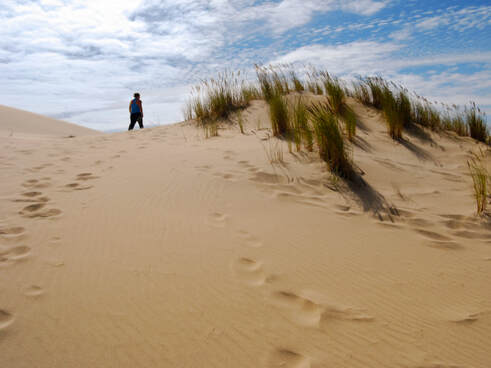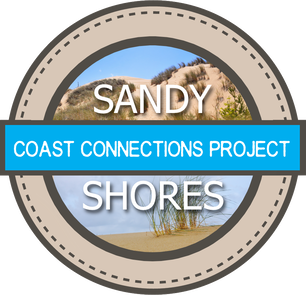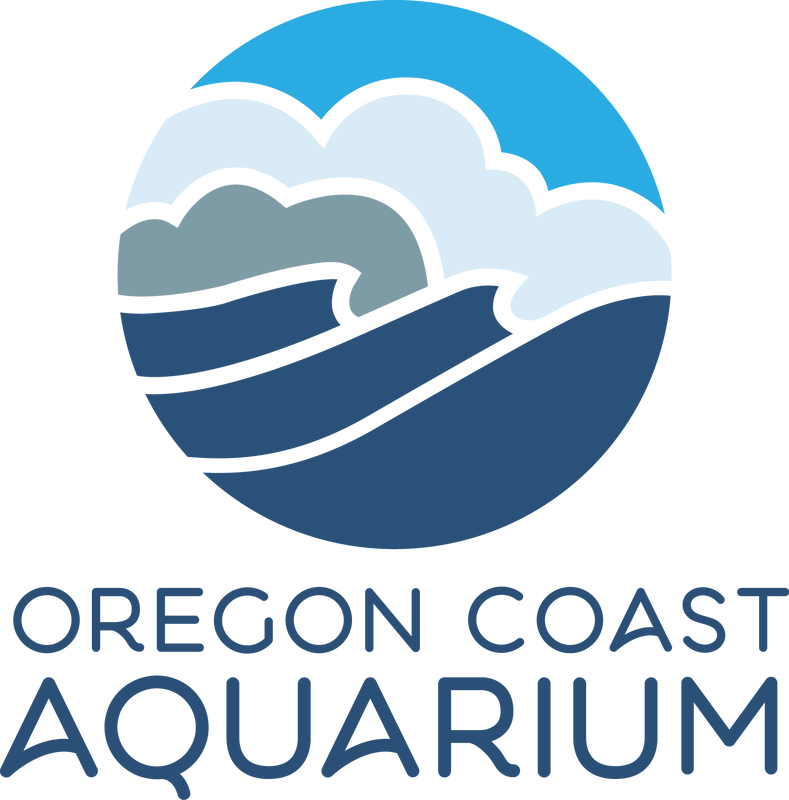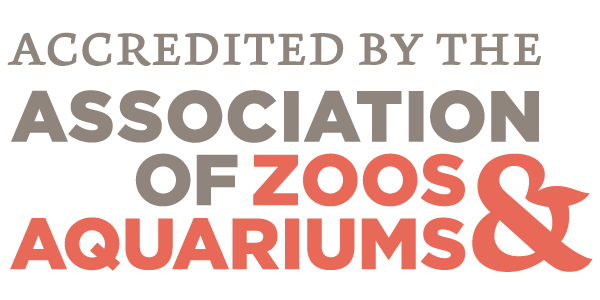Navigate:EDUCATE > COAST CONNECTIONS > SANDY SHORES Entry Events Driving Questions:
Authentic Projects for DQ1: Authentic Projects of DQ2: Authentic Projects of DQ3: |
Authentic Project 1: Restoration ProjectStudents participate in dune restoration projects, helping scientists and other professionals to accomplish a goal. Then, they create an event to share their work with others.
Purpose: The Oregon dunes have changed dramatically over the last century, due to the introduction of invasive species and human development. Now, people from all walks of life are needed to help restore the dunes to their original state, which will help increase biodiversity, protect shorelines, and improve tourism and recreation. Authentic Audience: Students' families and the school community Group work: Assign groups of 3-4 students early in the project so they can begin to get to know one another. Have students work in these groups for all Learning Activities, as appropriate.
See our Guide to Facilitating Student Group Work for more information. Teacher's Role: You are essentially the "Tracker" for all the groups and the liaison between students and Community Partners. You'll keep track of assignments, work dates, and progress. You'll also work with students to plan the community event which will serve as a forum for students to share their work and what they learned. Related Project Example: Just a Dream - Stories to create awareness of the impacts of climate change on the Kiribati Islands by Downtown Denver Expeditionary School. |
|
Student research materials;
Vertical Divider
|
Community Partners:
PREPARE FOR SUCCESS: Use our Guide to Working with Community Partners to contact and secure your partner(s) ASAP.
The Oregon Dunes Restoration Collaborative organizes restoration projects and education programs related to the dunes. To stay updated about current projects, go to https://www.saveoregondunes.org/volunteer/ and click "Sign up to receive emails". You'll then get alerts about upcoming work opportunities, community events, etc.
To work directly with ODRC on a unique student service project, or to engage guest speakers or field trip facilitators, contact Jeff Malik at [email protected].
If you are unable to secure an ODRC partner, reach out to Oregon State Parks to inquire about opportunities for students to conduct beach restoration work.
The Oregon Dunes Restoration Collaborative organizes restoration projects and education programs related to the dunes. To stay updated about current projects, go to https://www.saveoregondunes.org/volunteer/ and click "Sign up to receive emails". You'll then get alerts about upcoming work opportunities, community events, etc.
To work directly with ODRC on a unique student service project, or to engage guest speakers or field trip facilitators, contact Jeff Malik at [email protected].
If you are unable to secure an ODRC partner, reach out to Oregon State Parks to inquire about opportunities for students to conduct beach restoration work.
Learning Activities:

Where are our dunes?
What lives in the dunes?
What threats do dunes face?
Why is restoration important?
How can we share our work with others?
- Flying Over Oregon's Dunes (from Oregon Coast Aquarium)
- Exploring the Oregon Dunes (28 min video)
- Discuss: Why are dunes important for Oregonians? Why might this be different for different people?
What lives in the dunes?
- Interstitial Meiofauna activity (from Oregon Institute of Marine Biology) - use with this PowerPoint
- Video: Wildlife tracking on the Oregon Dunes
- Sharing Our Shores snowy plover presentation (Audubon Adventures)
- Video: Snowy Plovers on the Oregon Coast
What threats do dunes face?
- Modeling Beach Erosion (from New Jersey Sea Grant): use this activity to demonstrate what is happening to many of Oregon's dunes because of human structures
- Briefly share the information in this article about how non-native plants have negatively impacted Oregon's dunes. Using the Restoring Oregon's Dunes book, share pictures of invasive European Beachgrass and compare it to pictures of dunes without invasive beachgrass.
- Play the Land of Many Opportunists Game. Use the provided discussion questions to review what they learned.
Why is restoration important?
- Have each student choose one native Oregon dune species to research (that they saw in the field or from the Handbook) and create a report or presentation to show how threats to the dunes may specifically impact it.
- Watch this video and discuss: How do people negatively impact dunes and sandy beaches? Why do people need healthy dunes?
How can we share our work with others?
- Ask students to brainstorm ways they can highlight their experiences and the importance of dune restoration with their community — specifically, with their families and the greater school community.
- Potential avenues could be to plan a Family Science Night, a play, an assembly, or other event hosted at the school and open to parents and families.
- Once the event is planned, engaged students in advertising and facilitating the event.
Field Trips:
Work with your ODRC or other community partner to choose sites to visit and conduct field work. As an introductory trip, use the Handbook of Sandy Shore Organisms to identify plants and wildlife. Ideally, this introductory field trip will also provide students the opportunity to meet their Community Partner(s)!
If students are unable to meet the community partner on this first field trip, invite someone from that organization to visit your classroom early in the project.
Visit your field site(s) as many times as possible to conduct restoration work, and/or learn about the ecosystem.
NOTE: The Oregon Coast STEM Hub has field trip supplies you can borrow, such as ID guides, boots, and more. Visit their
Resource Checkout page to learn more.
Some examples of activities you may want to include during your visits, in addition to partner-driven field work:
Additional field trip option: Visit the Oregon Coast Aquarium and spend time in the Sandy Shores Gallery. Encourage students to observe the adaptations that help these animals survive and make them special.
If students are unable to meet the community partner on this first field trip, invite someone from that organization to visit your classroom early in the project.
Visit your field site(s) as many times as possible to conduct restoration work, and/or learn about the ecosystem.
NOTE: The Oregon Coast STEM Hub has field trip supplies you can borrow, such as ID guides, boots, and more. Visit their
Resource Checkout page to learn more.
Some examples of activities you may want to include during your visits, in addition to partner-driven field work:
- Use the Handbook of Sandy Shore Organisms to search for and identify species. Consult the Handbook for information about the species you see, and discuss how they are adapted to live in the dunes. Encourage students to think about whether each species would be able to survive if the dunes changed or disappeared.
- Use a quadrat to identify and count species in sample areas both within and outside the dune grasses.
- Observe and document incidences of human impacts on the dunes, such as footprints, bike or vehicle tires, damaged grasses, litter, etc.
Additional field trip option: Visit the Oregon Coast Aquarium and spend time in the Sandy Shores Gallery. Encourage students to observe the adaptations that help these animals survive and make them special.



